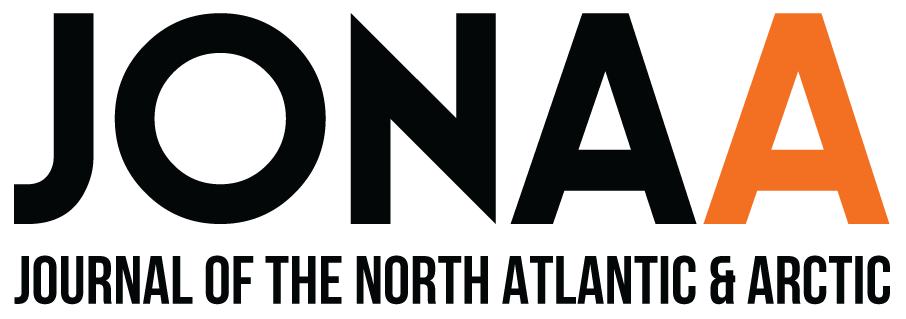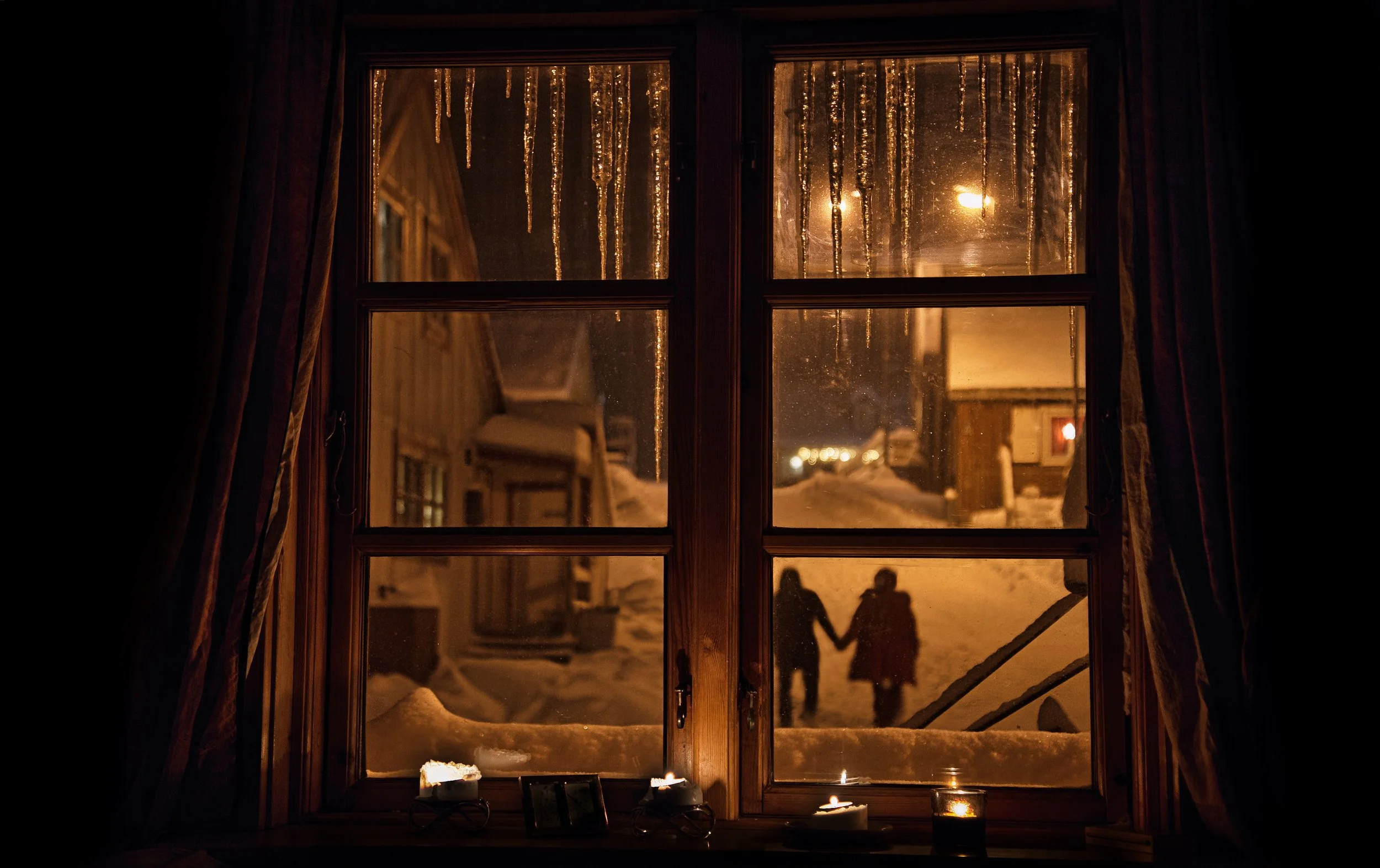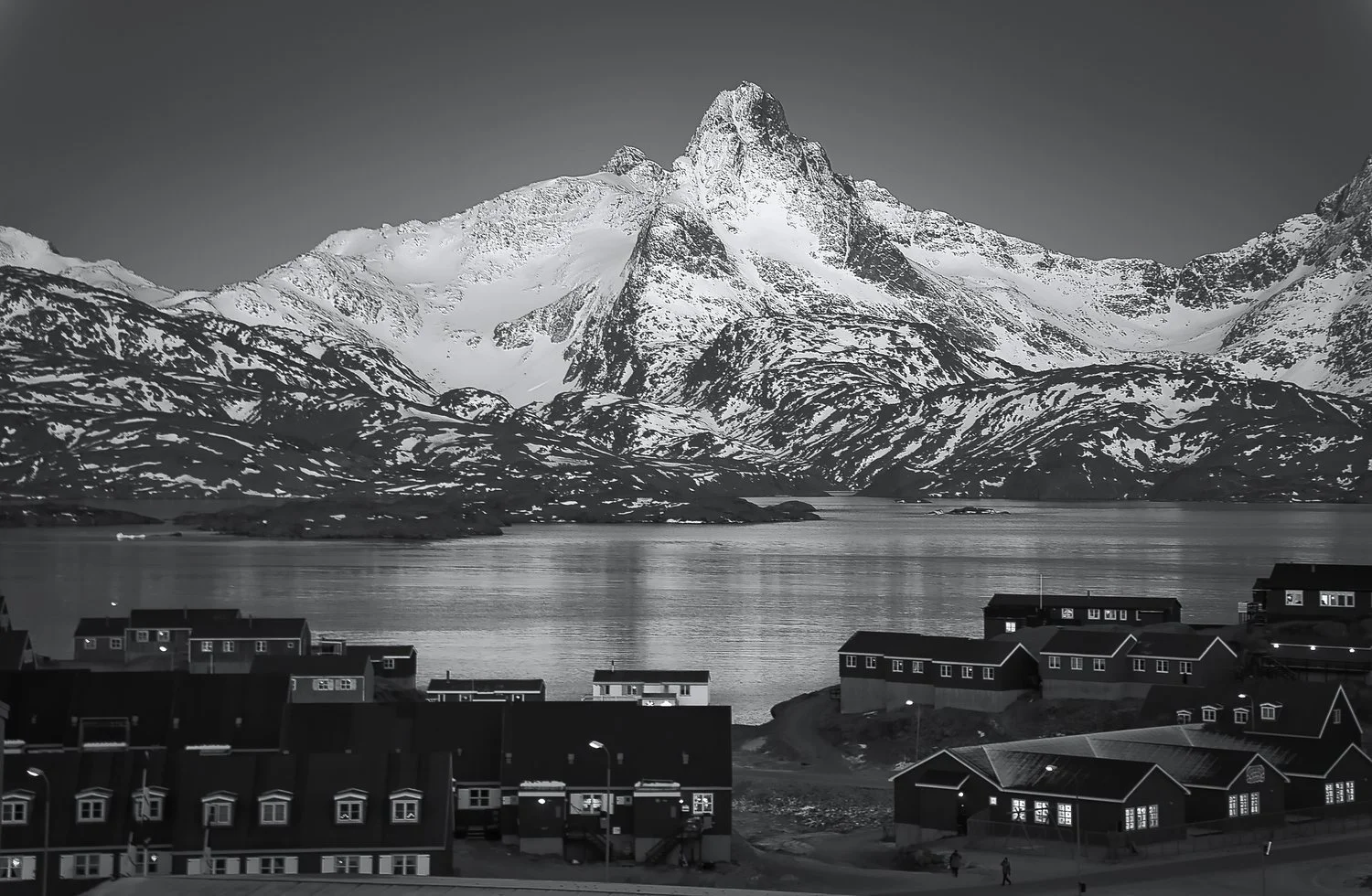Everyone Has A Plan Until They Get Punched In The Mouth!
OPINON / CLIMATE CHANGE
Author: Daniel Bookham
Photographs: David Wright, Jessie Davis
September 2021
The American boxer Mike Tyson once said, “Everyone has a plan until they get punched in the mouth.” This particular quote came to mind some weeks ago as the tail end of Hurricane Ida swept through the northeast United States leaving death and mayhem in its wake. My home state of Maine was spared, but in neighboring states fishing fleets were confined to port, and several boats found themselves unwillingly beached. Roads became drainage canals. A few hours to our south the several stations on the New York City subway system, and tragically basement apartments, flooded. For a number of communities in Ida’s path Iron Mike’s observation came home to roost, not least because too many of us have relied on denial in the place of action, in the face of the accelerating pace of climate change.
Daniel Bookham, a resident of Maine and specialist in insurance- and risk management, especially concerning maritime affairs and coastal challenges, writes about the need for climate-proofing businesses and the communities they serve.
Throughout the north we face rising flood tides and sea levels in general. JONAA©David Wright
While the politicians debate and argue
I cannot dive too deeply into the science here, but I know that there will be those of you reading not yet ready to recognize that climate change (of which the high frequency and severity of North Atlantic hurricanes and tropical storms is but one symptom) is happening. Others will be dismissive or defensive about the idea that human activity is driving this change.
Continuing to argue about this strikes me as about as valuable as debating whether it is a wasp or hornet nest that you have disturbed. That determination is a luxury that will have to wait until the stinging has stopped and the pain has been managed. At this point, whether the root cause is a natural process or anthropogenic really does not matter. What does matter is what the science says about how the process can be slowed, mitigated, and defended against.
And while the politicians debate and argue, it is up to the business communities of the North Atlantic and the Arctic to do what we can to drive the action forward.
Climate-proofing our businesses and the communities they serve
Throughout the north we face rising flood tides and sea levels in general; changes in precipitation patterns which can impact both crops and livestock as well as fisheries, tourism, and other drivers of the economy; invasive species damaging the health of the trees, plants, fish, birds, animals and humans of the Atlantic rim; warming waters that are changing the behaviors of commercial fish- and shellfish species; whole communities threatened by the loss of sea ice, glaciers, and permafrost; and global economic and social shocks caused by national and global climate change impacts that will hurt us all regardless of our location.
Quite aside from the awful human cost, the bottom-line impact on a wide range of industries should spur all of us to do what we can to ‘climate proof’ our businesses and the communities they serve and call home.
Never let the ‘new normal’ feel normal
In some areas, it is happening already. In my sector of insurance and risk management, for example, we are seeing insurance companies respond to these threats across their books of business at a regional, national and international level, meaning that customers will not only have to come to terms around new realities of coverage and premium based on changes to risks locally but also based on those headline-grabbing threats occurring all over the planet. This will only accelerate along with climate change unless we work together to build resilience and climate threat mitigation into our local, national, and regional economies.
When it comes to what needs to be done, there are so many things, but I will limit myself to two. The first is to get a handle on the science. This will allow businesses and communities to at least attempt to plan for both the increased frequency and severity of climate-driven events.
The second is to never let the ‘new normal’ feel normal. Familiarity breeds contempt, and we are a famously adaptable species. We cannot lull ourselves into thinking that climate change is just the way things are now. Like any threat to a business’s profitability and sustainability, we should seek to push back against climate change and to seek to offset it the way we would other challenges. In this changing and imperiled region, the enlightened self-interest of the business community needs to be one of the tools we all use to fight. That way the next time climate change punches us in the face we will be ready to duck and punch back. ▢
“In my sector of insurance and risk management, for example, we are seeing insurance companies respond to these threats across their books of business at a regional, national and international level, meaning that customers will not only have to come to terms around new realities of coverage and premium based on changes to risks locally, but also based on those headline-grabbing threats occurring all over the planet. This will only accelerate.”
Daniel Bookham was born, raised, and educated in Britain, Dan Bookham moved to Maine in the USA in 1995 and has spent his working career in the Pine Tree State. Since 2014 he has served as the Vice President for Business Development at Allen Insurance and Financial, an employee-owned and Maine headquartered insurance and financial services brokerage he joined in 2012 after a career that spanned broadcasting, non-profit communications management, and the leadership of economic development organizations. At Allen Bookham primarily focuses on marine, waterfront, processing, manufacturing, offshore, international, and cargo exposures,, but has advised on insurance- and risk management questions across a wide range of industries. He holds the Accredited Adviser in Insurance designation and is a member of the International Association of Maritime & Port Executives. Bookham also studies the impact of climate change on the insurance industry and the companies and communities it serves, particularly in the North Atlantic region and the Arctic. He sees an awareness and analysis of the emerging risks and threats associated with climate change as the defining and urgent challenge of the next decade for both his industry and the region he calls home (as well as for the planet as a whole). In his home community and state, Dan serves on the boards of the Penobscot Marine Museum, the Maine Development Foundation, the New England Ocean Cluster technology incubator, and as a member of America's Edge (a nationwide organization advocating for investment in early childhood development and education). He has been recognized for his contributions to the community by the Maine State Chamber of Commerce, the Penobscot Bay Chamber of Commerce, the University of Maine Midcoast Leadership Academy (of which he is a graduate of the first class to complete the program), and most recently by special commendation by Maine's governor, the Honorable Janet T. Mills. He lives in the fishing port of Rockland, Maine with his wife and daughter and their Australian Cattle Dog, Flash. The opinions expressed in the article above are Bookham's own and are from a purely personal point of view. They do not reflect the view of his employer or any organization with which he is associated.
David Wright is a filmmaker and photographer, based in Maine. David apprenticed at Oxford Scientific Films in the UK, has spent time living in Australia and Svalbard before settling in the US. During a 30 year career in the television business, he has worked in over 65 countries with work shown on National Geographic Television, Apple + TV, Netflix and the BBC. Stories cover a wide range of subjects, but most are based around environmental or social justice issues and awards include two Emmy’s and a BAFTA. David’s website is www.expeditioncamera.com and on Instagram he is under @david_wright_photo. David Wright is one of the founding members of JONAA.
Disclaimer: Opinion articles published in JONAA are written by a selected group of people, based throughout our circumpolar High North region - or people based elsewhere in the world, but with a particularly valuable and informed perspective on High North and Arctic affairs and matters. The primary purpose of the Opinion series is to inform and shed light on diverse matters of our region, its people, and the environment from the personal perspectives of the authors. Views, thoughts, and opinions expressed in Opinion articles belong solely to the authors personally and do not reflect the views or opinions of JONAA, Journal of the North Atlantic & Arctic, or its editors, nor the views or opinions of the authors in any representative capacity unless expressly stated to the contrary. Information contained in our published Opinion series articles are believed to be reliable, but JONAA does not verify for accuracy or completeness any information or views put forth in Opinion articles and accepts neither responsibility nor liability for the content of Opinion articles. 2020©All rights reserved. Readers are permitted to share links to all JONAA articles & photo stories in their entirety on social media, but no part of any JONAA published work may be reproduced, stored in a retrieval system, or transmitted in any form or by any means, electronic, mechanical, photocopying, recording, or otherwise, without written permission from the publisher.



















